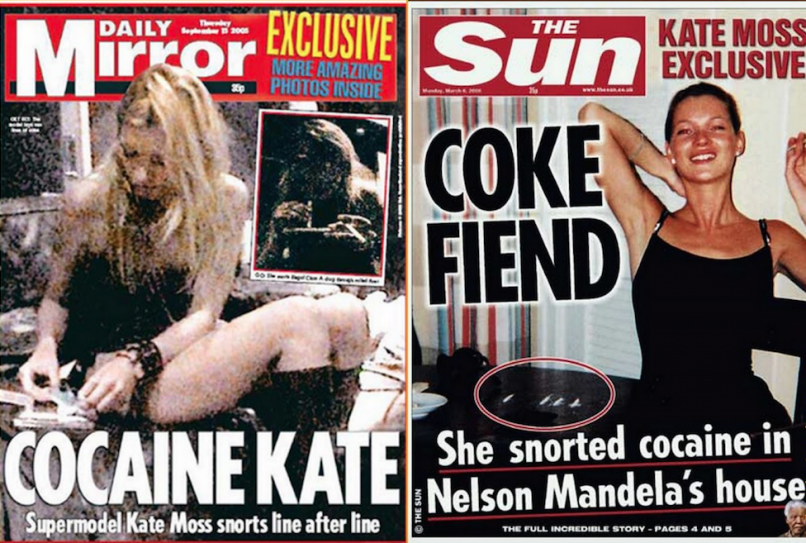The Dark Side of Cocaine: Glamourization, Addiction, and the Harsh Reality

Introduction
Cocaine, often glamorized in certain types of media, has long been a symbol of wealth, power, and excess. It has infiltrated the lives of people across social classes, including celebrities and politicians. While its portrayal may seem enticing, the stark truth is that cocaine is a highly addictive and destructive substance. In this article, we will explore how cocaine has been glamorized in media and its impact on society, shedding light on the dark reality of addiction.
The Glamourization of Cocaine
For decades, the media has played a significant role in portraying cocaine use as glamorous and exciting. Movies, TV shows, and music often depict characters indulging in cocaine use without showing the harsh consequences that come with it. The glittering parties, fast-paced lifestyles, and apparent invincibility of characters on cocaine have contributed to the substance's allure.

Celebrity and Political Endorsement
One of the most concerning aspects of cocaine's influence is its acceptance among celebrities and politicians. High-profile individuals often find themselves in environments where drug use is normalized. Their endorsement of cocaine indirectly glamorizes it, making it more appealing to the masses. While some may argue that their choices are personal, they wield significant influence over their fans and constituents, inadvertently promoting a dangerous habit. While the celebrity themselves using doesn't promote the use, but it defensibly has an impact and the media is more to blame for targeting certain individuals and about their usage.
The Allure of Cocaine Across Social Classes
Cocaine addiction doesn't discriminate based on social class. It affects people from all walks of life, from the rich and famous to the working class. Cocaine's availability and the perception of it as a status symbol have contributed to its widespread use. It's essential to recognize that addiction can happen to anyone, regardless of their socioeconomic status.
The Dark Reality of Cocaine Addiction
Cocaine addiction is a sinister trap that can quickly ensnare those who experiment with it. What begins as recreational use can spiral into a debilitating addiction. Users often experience a euphoric high, increased energy, and confidence when they first use cocaine. However, the effects are short-lived, leading to a cycle of compulsive use as individuals chase that initial feeling.
As addiction takes hold, the consequences become increasingly devastating. Physical and mental health deteriorate, relationships crumble, and finances are drained. Cocaine addiction can also lead to criminal activities, as individuals seek ways to support their habit. The glamorous image portrayed in media quickly fades, revealing the bleak and destructive reality.
Changing Perceptions and Promoting Awareness
It is crucial to recognize that the media's portrayal of cocaine does not align with the harsh reality of addiction. Society must shift its perspective and address the issue with greater understanding and empathy. Addiction is a complex disease that requires compassion and support, not judgment and stigmatization.
Conclusion
The glamorization of cocaine in certain types of media, combined with its use by celebrities and politicians across social classes, has contributed to its widespread appeal. However, it is essential to remember that addiction does not discriminate, and the dark reality of cocaine use often contrasts sharply with its glamorous portrayal. Society must prioritize education, awareness, and support for those affected by cocaine addiction, rather than perpetuating the harmful myths and stereotypes that surround this destructive substance.